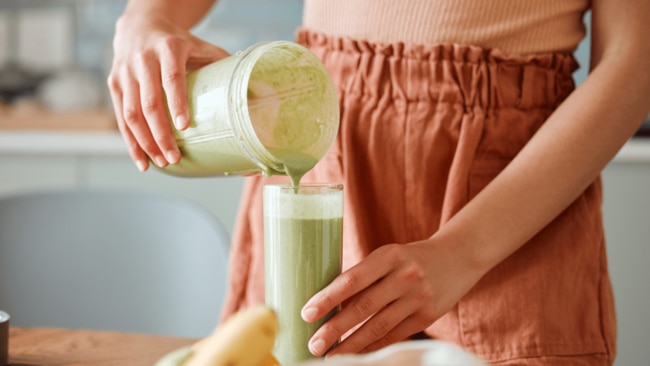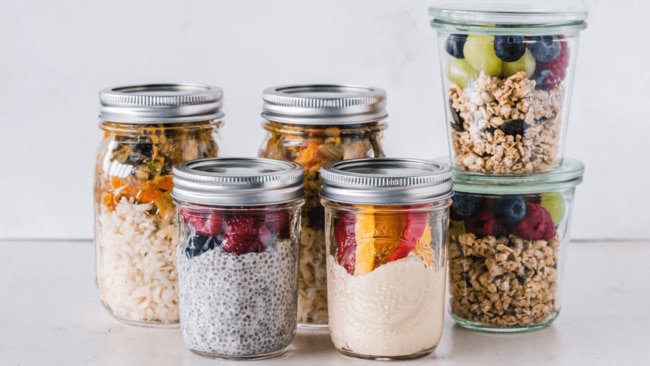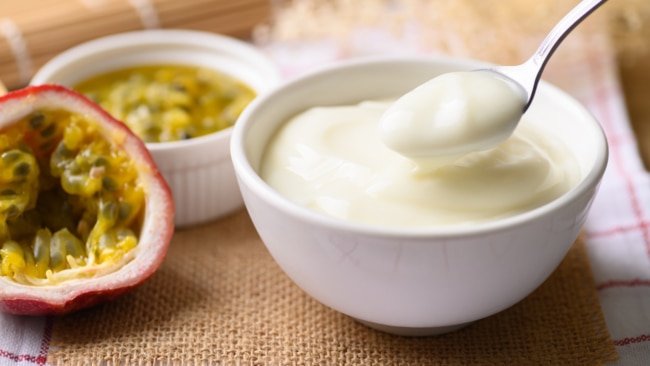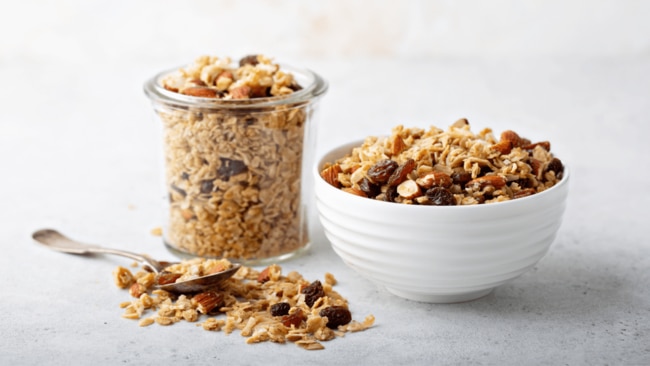
Remember the days you hit the supermarket for some milk and the biggest choice you had to make was full cream or skim? Neither can we. Grocery aisles are now bursting with an increasing array of plant- based alternatives.
It began with oat, coconut, rice and soy, but now almond, hazelnut, macadamia, hemp and even pea milk are rapidly gaining popularity. So much so that, since this time last decade, our nation’s dairy milk consumption has dropped by 13 per cent.
But while these buzzed-about replacements are often branded as healthier, is that really the case? Not always, according to a fascinating new study from the University of Minnesota, led by epidemiologist Abigail Johnson.
When Johnson and her clever colleagues analysed the nutritional labels of 237 milk alternatives, they found that just 19 per cent of them matched up to ordinary milk when it came to protein content, and a third were found to be lower in calcium and vitamin D. But that’s not all. Earlier research has shown that plant-based milks are also lower in minerals like magnesium, zinc and selenium.
“Some plant-based milks contain added sugars, which cow’s milk does not,” explains Johnson. “We saw that various plant-based milks had added sugars in levels that were more similar to flavoured products like chocolate milk.” In that case, maybe we’ll hold the almond latte. And plant milks aren’t the only ones.
So, what other supposedly healthy foods should you be swerving? And what should you replace them with? Both very good questions. Allow us to come to your nutritional rescue with this cheat sheet of the biggest offenders.









